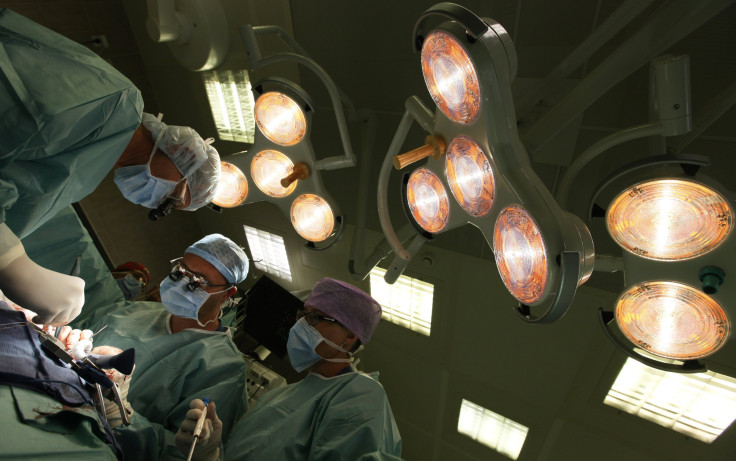Controversial Surgery Destroys Brain's Pleasure Center to Combat Addiction, Mental Illness

Controversy is brewing over a controversial procedure practiced in China. The procedure, ablation of the nucleus accumbens, requires surgeons to burn away part of the pleasure center of the brain. Though it was outlawed in 2004, hospitals apparently still perform the procedure on patients with mental illness, like depression, and obsessive compulsive disorder. However, it appears that the practice is still performed on patients suffering from addiction for research purposes, where it is published in international medical journals.
The surgery is performed while patients are still awake and targets the section of the brain that creates dopamine and endogenous opioids. The surgery uses heat to kill cells in small portions on both sides of the nucleus accumbens. The portion of the brain is not just related to addiction though; it also controls pleasure. For other mental illnesses, the portions intended to be responsible for the patient's problem are targeted instead.
Surgeries to combat mental illness have been largely a point of contention in the western world since the 1930s when lobotomies were first introduced. However, such surgeries have not altogether gone away. In the United States and England, fewer than 25 surgeries are performed a year, generally to ease symptoms for patients with severe depression and obsessive compulsive disorder. The procedure takes a year to be approved and the patient, who must be well enough to give consent, must be approved by a committee including neurologists, ethicists, psychiatrists, and surgeons.
However, the approval for the procedure in China does not appear to be nearly as rigorous. One surgeon estimated in 2007 that he had performed nearly 1,000 of these procedures. Some families say that they were pressured into approving the procedure and doctors assigned their loved ones symptoms that they never had. The surgery can leave the former patients physically disabled; one woman drooled uncontrollably and had a lame right arm, while a young man has slurred speech that none of his loved ones can understand.
The procedure is costly as well - in more ways than one. Some doctors advertise costs as high as $5,000, more than the average income in China. The latest study published in a western medical journal said that, in a study of 60 people battling addiction, over half had lasting side effects, like memory problems and loss of pleasure; 53 percent had changes in personality, though doctors said that the changes often made patients more docile. Five years after the surgery was performed, 53 percent of subjects had relapsed, with only 47 percent still clean.
Indeed, addiction is a hard illness to cure. Conventional treatments boast only a 30 to 40 percent rate of success, so the surgery could be considered an improvement. However, experts do not believe that the risks for surgery outweigh the benefits. Critics also believe that the publication legitimizes the surgery, even if proponents say that their publication can help researchers understand better the nucleus accumbens.
One recent study may have found the bridge between the two camps. It used deep brain stimulation to help target addiction. While the practice still involves surgery, it is irreversible, unlike the ablation method.



























